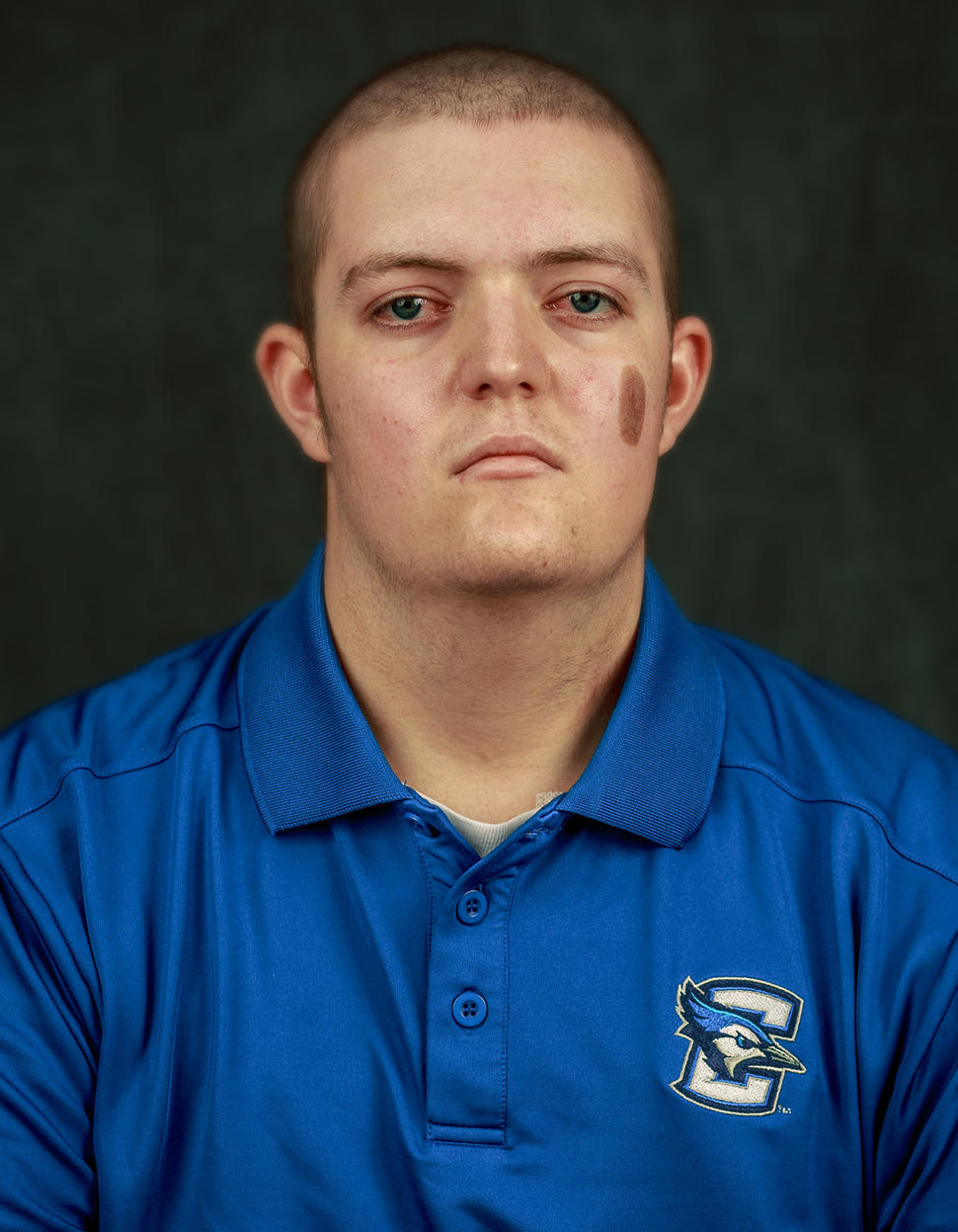An avid fire juggler, 19-year old Adam is used to challenging himself. The diagnosis of acute lymphoblastic leukemia (ALL) in 2015, however, stands as the biggest challenge he has faced. He was relieved when standard treatments put it into remission. But during winter break of his freshman year of college, a checkup revealed the cancer was back.
Just months prior to Adam’s cancer recurrence, FDA approved the first CAR T-cell therapy for patients with ALL. It is an immunotherapy that attacks leukemia cells with a specific protein on their surface. Adam’s doctors hoped he would be one of the first patients treated with this new therapy.
Adam was disappointed to learn that the FDA-approved therapy would not work for him as his leukemia did not express enough of the right protein. However, his cancer did have high levels of another protein that other CAR T-cell therapies target, and Adam enrolled on an NCI intramural clinical trial testing one of them. He received his CAR-T cells in May 2018.
Adam does not know if this experimental treatment will benefit him but is not hesitant about participating in a trial. As a physics major and cancer patient, he understands the importance of research. After being diagnosed, he had decided, “A clinical trial was on my bucket list,” he said. He expects researchers will learn from his cancer so that progress can happen faster.
